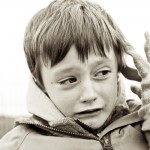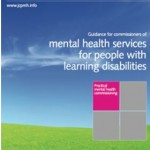
Do not use psychological debriefing when a child has been exposed to a traumatic event such as assault or a major car crash. And if you treat a child who has developed Posttraumatic Stress Disorder (PTSD) due to trauma, do not use pharmacotherapy either (that is, not as a first line treatment). Rather, apply the [read the full story…]









